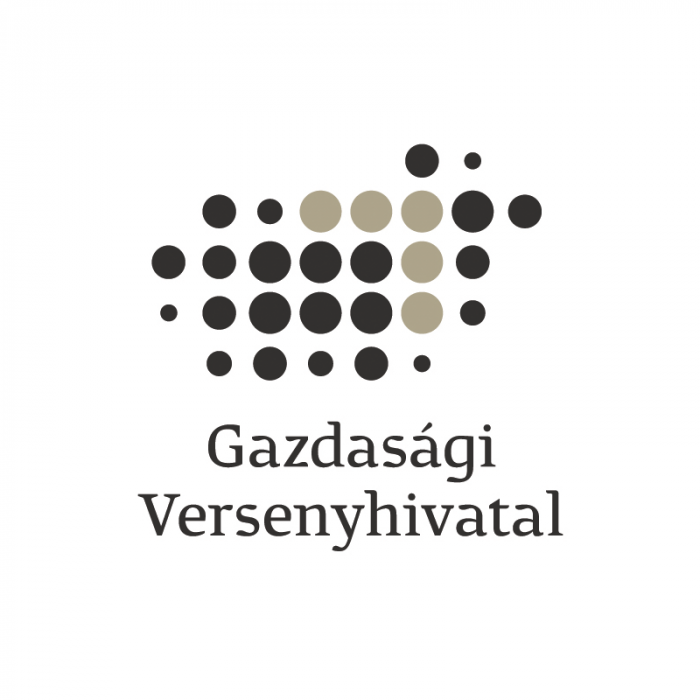Network Sharing – the 4G race

The following article was written by Dóra Petrányi, an equity partner of CMS Cameron McKenna LLP.
With the market trend for strong growth in mobile data demand set to continue, operators are facing an ever-increasing demand to invest in both infrastructure and spectrum. This, combined with falling revenues, means they are being forced to look for ways to reduce or consolidate the costs involved in rolling out high-speed mobile networks. Besides M&A, an alternative solution for service providers is to share access to their infrastructure and/or spectrum and therefore sharing deals are on the rise now across the region and in Europe. While passive infrastructure sharing was common in Hungary, Magyar Telekom and Telenor Hungary recently announced they would share their recently awarded spectrum in 800 MHz, and jointly operate and develop their 4G mobile networks in all parts of Hungary except Budapest. They expect to double the offered mobile internet speed available in the 800 MHz band and provide earlier roll-out to fast mobile internet services in a wider geographical area.
CMS’ telecoms team in CEE and firm-wide is particularly engaged in supporting network sharing. We have been involved in the first pilot network sharing projects and continue to advise in network sharing deals across the region and in Europe. Based on our experience and due to the growing demand CMS has launched its first network sharing study in 2014 and is ready to soon launch the 2015 edition of the guide. The 2014 study covered 22 countries and summarised all network sharing deals, networks affected and specific regulatory issues.
Key findings of the Study of 2014 were:
- most deals focused on Western and Central Europe with more blank spots in the southern parts of Europe
- deals affected every possible network element whereas RAN sharing is the minimum
- spectrum sharing is still not universal amongst deals mainly due to regulatory burdens
- in terms of the coordination structure of deals the most common form is stand-alone horizontal agreements and asset light JVs
Here are a few highlights from the 2015 Study’s findings
- As more and more deadlines for completing roll-out obligations approach, active sharing with shared spectrum is becoming the norm for 4G networks. Almost all new deals belong to this type. One of the reasons may be that passive sharing has become such a commodity that these deals might not even be reported to the press anymore.
- In terms of what changes we can expect in the regulatory arena, spectrum sharing will clearly be the way forward. To facilitate that, more regulatory clarity is required on the conditions of spectrum use on a national level, but in addition to that, these efforts are to be harmonised internationally.
- At the same time, due to the recent mergers in the EU, the role of the competition authorities in setting the scene for the future of the combined operations have increased. At the same time, competition authorities have an increased interest in the alleged exclusion of third parties from a sharing agreement.
Regulatory specifications
I believe that spectrum sharing and related secondary trading still seems to be underutilized in Hungary and in most European countries, partly due to the lack of clear regulatory guidance. Harmonized and liberal network sharing regulations are inevitable not only on a national but most importantly on an EU level in order to enhance the effectivity of such sharings. This would require limitations on what grounds authorities may revoke or change licenses, and also well-defined, transparent and harmonised boundaries of potential license conditions within which users can trade or share their frequencies, while not having to worry about acquiring advance approvals of different authorities.
To date in Hungary there were no regulatory changes, publications or guidance issued by the electronic communications or competition authorities that expressly relate to network sharing agreements. However, after the publication of the details of the regulatory approval of the sharing deal between Magyar Telekom and Telenor Hungary, it turned out that the spectrum sharing part of the network sharing agreement was called and approved as a “mutual lease” of the licensed spectrum. This shows that the Hungarian authority had in mind a special interpretation of the two accepted forms of spectrum trading (spectrum transfer and spectrum lease).
Competition is another key factor. Asset-heavy joint ventures are still less typical, considering that they are subject to more scrutiny by authorities than horizontal (commercial) agreements on sharing. Another important limiting factor is that “infrastructure-based competition” is still a leading topic on most regulatory authorities’ agendas, and there has been a concern that certain types of network sharing (e.g. spectrum, active infrastructure sharing) might pose a threat to such network based competition. We see a clear trend with respect to “4 to 3” mergers - network sharing is included as a remedy and therefore eased the process of obtaining clearance from the authorities. I think that it is necessary to at least redefine the notion of infrastructure-based competition.
Another competition concern that has now drawn the attention of the authorities both on a local and on an EU level is whether the position of those market players not getting involved in network sharing should be protected or not. The number of local enquiries show the need for an EU level guidance in this respect.

Dóra Petrányi is an equity partner of the CMS Budapest office since 2009 and a freshly appointed Deputy Practice Group Manager for CEE. She co-heads the commercial practice and heads the Technology, Media, Communications (TMC), Lifesciences, Intellectual property (IP) and Competition practices within the Budapest office. Dóra also leads the Telecoms subsector of CMS and is the Head of the CEE privacy initiative. Previously she worked for the Hungarian incumbent for ten years. Areas of specialization include competition law, IP law, public procurement matters, general commercial contracts, corporate restructuring and M&A.
SUPPORT THE BUDAPEST BUSINESS JOURNAL
Producing journalism that is worthy of the name is a costly business. For 27 years, the publishers, editors and reporters of the Budapest Business Journal have striven to bring you business news that works, information that you can trust, that is factual, accurate and presented without fear or favor.
Newspaper organizations across the globe have struggled to find a business model that allows them to continue to excel, without compromising their ability to perform. Most recently, some have experimented with the idea of involving their most important stakeholders, their readers.
We would like to offer that same opportunity to our readers. We would like to invite you to help us deliver the quality business journalism you require. Hit our Support the BBJ button and you can choose the how much and how often you send us your contributions.





.jpg)




